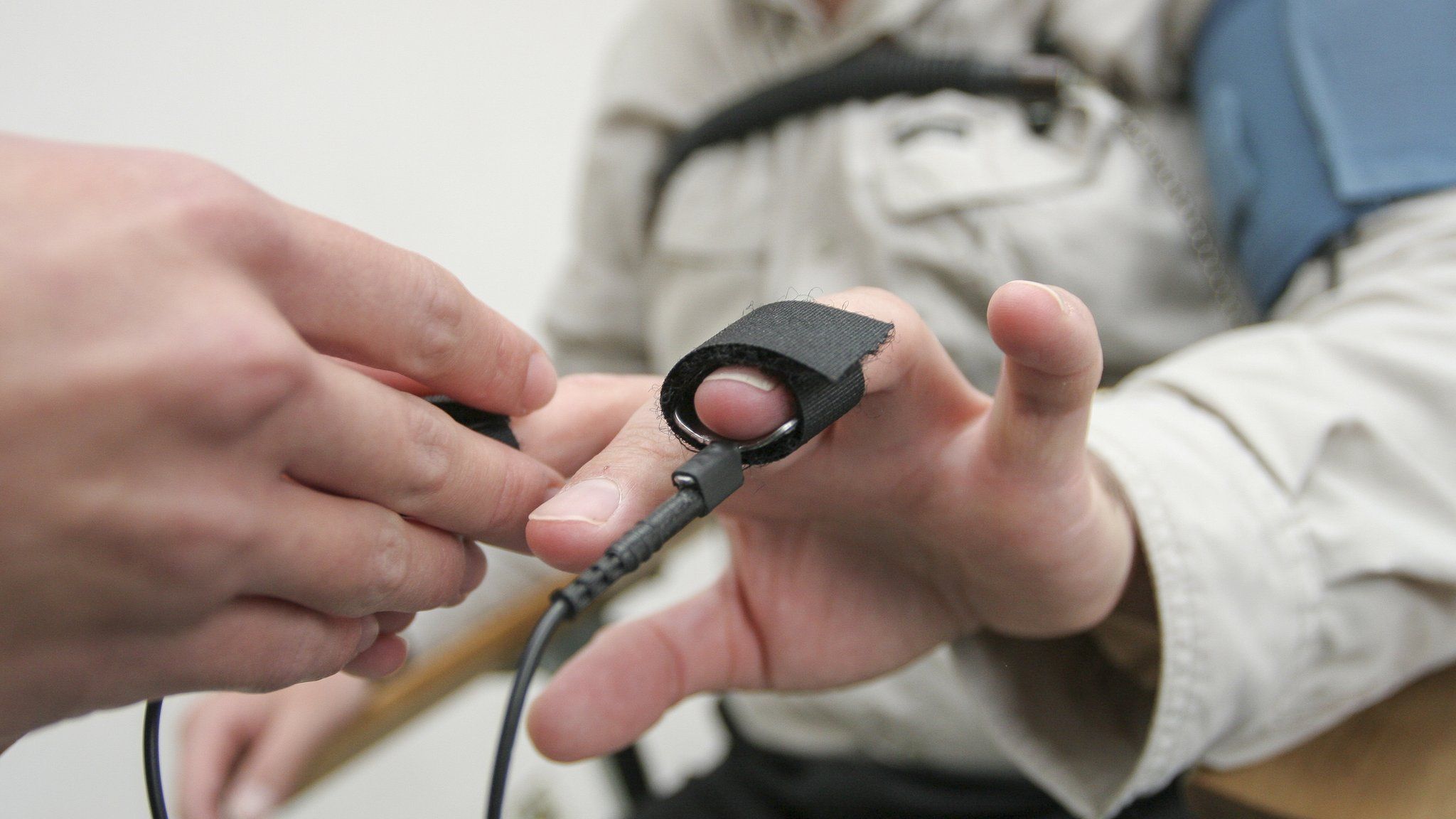Commonly referred to as lie detectors, polygraphs have long been a controversial tool. To find someone is being honest, polygraphs are used to track physiological reactions like blood pressure and heart rate. Still debatable, however, are these technologies’ dependability and precision. With an emphasis on ” Polígrafo Madrid” and their relevance in contemporary investigations, this article will examine the difficulties and arguments around the use of polygraphs in crime detection.
Recognizing Polygraphs
From criminal investigations to job searches, polygraphs have long been employed in many disciplines. The fundamental idea is that the polygraph may identify particular stress reactions that a person lying displays. The gadget detects these reactions using sensors connected to the person’s body; the data is then examined to ascertain if the person is speaking the truth.
Difficulties with Polygraph Application
The accuracy of polygraphs is one of the main difficulties for criminal detection. Although supporters contend that polygraphs may be very successful, detractors note that the outcomes are not always consistent. The result may vary depending on medical issues, anxiousness, or even examiner skill level. This calls questions on the legitimacy and fairness of basing criminal case evidence on polygraph findings.

Legal concerns and controversies
Legal environments’ usage of polygraphs has caused major debate. Because of their dubious dependability, polygraph findings are not admitted in many countries into courts. Critics contend that depending too much on polygraphs might cause false confessions or erroneous convictions, therefore compromising the judicial system. Experts and attorneys debating the possible advantages versus the hazards keep the argument alive.
Moral Concerns
Apart from the technological difficulties, polygraph usage raises ethical questions. For example, making someone go through a polygraph test might be seen as violating their rights. Furthermore, for those who are innocent specifically, the tension and worry related to the exam might be traumatizing. These moral conundrums affect the use of polygraphs in criminal investigations even further.
The Polygraph’s Future
Notwithstanding the concerns, technological developments might help polygraphs’ accuracy and dependability to be better. Scholars are looking at fresh approaches and tools to improve the identification of dishonesty. Still, it is essential to solve ethical and legal issues so that these instruments be used fairly and sensibly.
Using polygraphs for criminal detection raises difficult and divisive questions. Although they provide insightful analysis, their accuracy and ethical ramifications cannot be overlooked. We must find a balance going ahead between respecting justice and fairness and using technological developments. For those at ” Polígrafo Madrid” and beyond, the path to truth discovery has to be carefully and ethically negotiated.


























